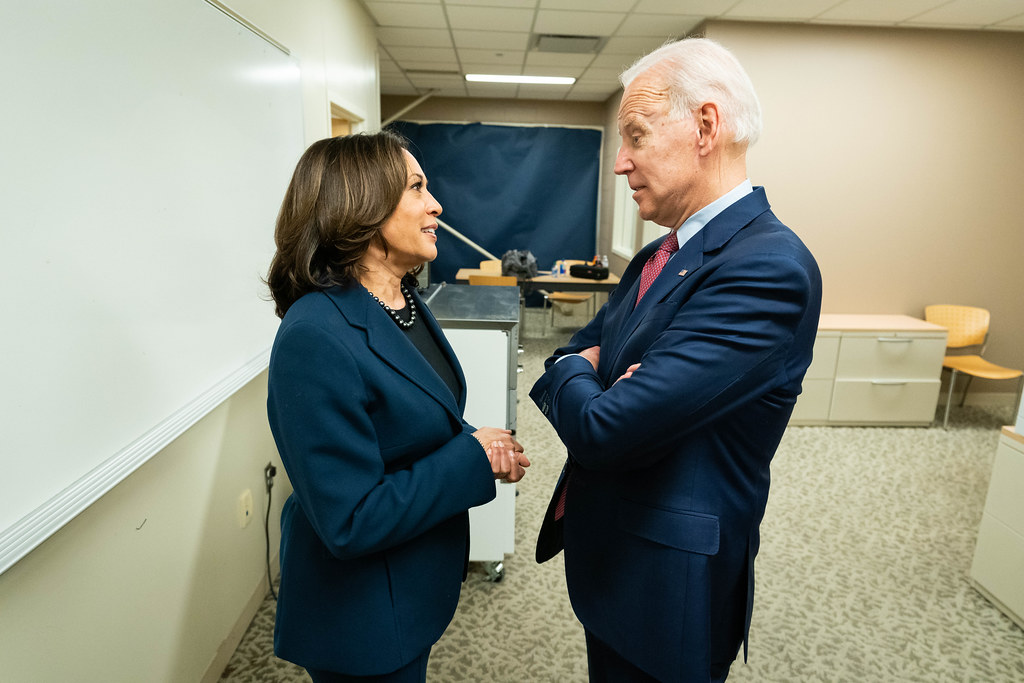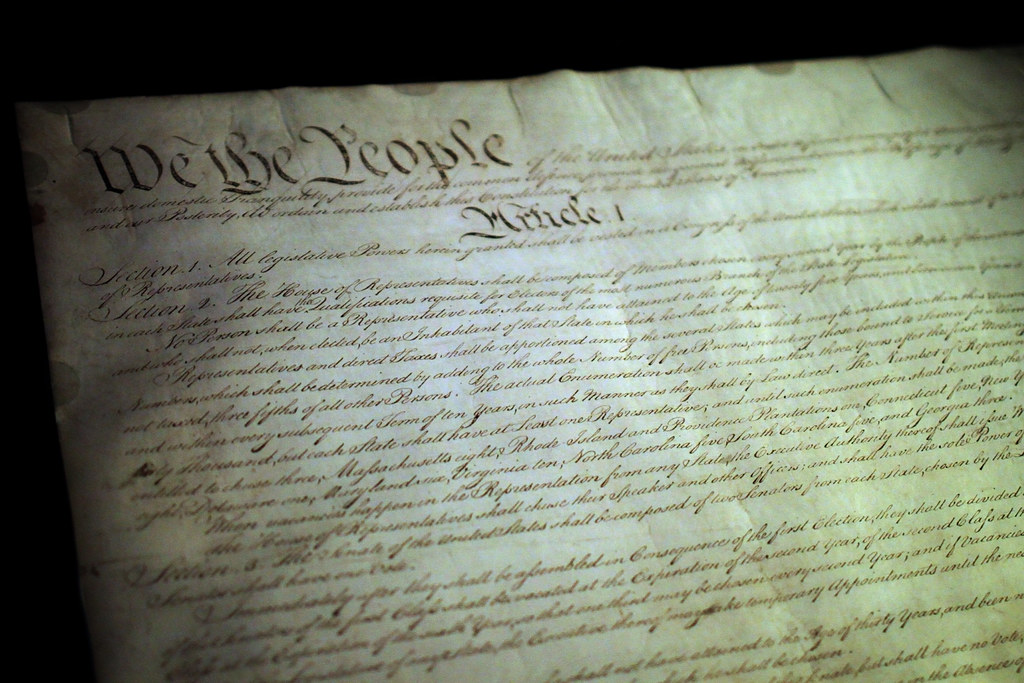Over the past several days, the United States has been in an absolute whirlwind as it awaits the passage of the federal budget, in hopes of preventing a shutdown that would affect everything from essential services to national parks. A shutdown of this nature was last seen when Donald Trump had a say in the budget. Although he is the president-elect, it appears that Trump and tech magnate Elon Musk played a major role in shaping this year’s spending plan. The Gabriella Miller Kids First Pediatric Research Program—originally established on a bipartisan basis under President Barack Obama—was slated to lose virtually all of its USD 200 million in funding, even though it was championed by former Republican Majority Leader Eric Cantor and aimed at treating childhood cancer and other rare pediatric diseases. 1
Republican lawmakers had initially stripped nearly USD 190 million from this initiative without a clear reason, but sources indicate Musk encouraged them to do so. The world’s wealthiest man, reportedly worth around USD 250 billion, effectively redirected those funds away from children facing serious illnesses. This move has sparked alarm among parents, healthcare advocates, and research institutions, who fear that years of vital progress will be stifled.
Meanwhile, current President Joe Biden and Vice President Kamala Harris have been noticeably absent from the spotlight since the recent election results were announced, leaving many questions unanswered about the transition process. Even though Trump has not yet been sworn in, he appears to be taking on duties more commonly associated with an incumbent, including making large-scale decisions on federal spending. Observers note that this situation creates confusion at a moment when the stakes could not be higher.

Critics have also argued that the Democratic Party has made absolutely no moves to protect the American people during this critical time. The only significant action President Biden has managed to accomplish is the pardoning of his son. The presidential members of the Democratic Party seem to have left their constituents in the cold as they pout over their loss. Meanwhile, Democrats in the Senate and House have tried to push forward in an effort to protect their constituents, while a largely silent president preps for Christmas. The President and Vice President had intended to spend the holidays in their home states but were diverted at the last minute, further highlighting a crisis in the White House.
In a last-minute legislative session, Congress passed a sprawling funding package and sent it to the president’s desk for final approval. According to congressional aides, the measure does not fully restore the original allocation for the Gabriella Miller Kids First Pediatric Research Program. Instead, lawmakers agreed on USD 63 million—a fraction of the original USD 200 million—which leaves many families and research institutions concerned about the future of childhood cancer studies. Further,Congress did not pass other pediatric cancer research measures that had been stripped from the government-funding bill.
This reduction in funding has drawn severe criticism from various quarters. Advocacy groups and healthcare professionals argue that slashing the budget for such a crucial program undermines years of progress and jeopardizes future research that could save lives. The Gabriella Miller Kids First Pediatric Research Program has been instrumental in advancing treatments for childhood cancers and rare diseases, and the drastic cut in funding is seen as a significant setback.
Furthermore, Musk’s involvement in these budget decisions has raised ethical concerns about the influence of private individuals on public health funding. Questions have been raised about whether it is appropriate for someone, regardless of their wealth and influence, to have such a direct impact on critical public health initiatives. Many see Musk’s role in redirecting funds away from pediatric research to other areas as prioritizing corporate interests over the welfare of vulnerable children.

Constitutional Concerns and the Threat to Democracy
The involvement of Elon Musk and, to some extent, Donald Trump in government decisions without denouncing their private vested interests raises significant constitutional concerns. The American Constitution is designed to protect the rights of citizens and ensure a government that serves the people, not private interests. When private individuals with substantial business interests exert influence over government decisions, it undermines the democratic principles upon which the nation was founded.
The Constitution’s framers were wary of the potential for corruption and undue influence, which is why they established a system of checks and balances to prevent any one entity from gaining too much power. The actions of Musk and Trump, without clear separation from their private interests, challenge this system and pose a threat to the integrity of democratic governance.
Protecting Americans from Private Companies’ Influence in Government
The influence of private companies on government decisions is a significant concern for many Americans. To safeguard against undue influence, several measures are supposed to be in place to protect the American people.
Regulatory Frameworks
Government agencies like the Environmental Protection Agency (EPA) and the Federal Trade Commission (FTC) enforce regulations that limit the power of private companies in critical sectors. For example, the Clean Air Act gives the EPA the authority to regulate air pollution, ensuring that private companies comply with environmental standards.
Transparency and Accountability
Laws such as the Freedom of Information Act (FOIA) require government agencies to disclose information to the public, promoting transparency and accountability in decision-making processes.
Ethics Rules and Lobbying Regulations
The Lobbying Disclosure Act and other ethics rules govern the interactions between private companies and government officials, aiming to prevent conflicts of interest and ensure that lobbying activities are conducted transparently.
Public Participation
Encouraging public participation in the decision-making process allows citizens to voice their concerns and influence policy outcomes. Public hearings, comment periods, and other mechanisms enable individuals to engage with government agencies and advocate for their interests.

Historical Example: The East India Trading Company
The East India Trading Company serves as a historical example of the dangers of private companies wielding excessive influence over government. Founded in 1600, the company initially focused on trade with East and Southeast Asia. However, it soon expanded its activities to include political and military operations, becoming a de facto ruler in parts of India.
The company’s influence over the British government led to significant political and economic consequences. It played a crucial role in the colonization of India, exploiting local resources and imposing heavy taxes on the Indian population. The company’s actions contributed to widespread poverty and social unrest, ultimately leading to the Indian Rebellion of 1857.
The British government eventually intervened, passing the Government of India Act of 1858, which dissolved the East India Company and transferred its administrative functions to the British Crown. This move aimed to restore stability and address the abuses committed by the company.
This situation echoes the historical example of the East India Trading Company, where private interests significantly impacted government decisions, leading to exploitation and social unrest. The end result was a government that prioritized business interests over the welfare of the people, ultimately necessitating intervention to restore balance and protect citizens’ rights.
Conclusion
The recent budget turmoil, heavily influenced by Elon Musk and President-elect Donald Trump, highlights the need for maintaining a clear separation between private interests and public governance. The significant funding cuts to the Gabriella Miller Kids First Pediatric Research Program have raised serious concerns about the undue influence of private individuals on government decisions. This situation threatens vital public health initiatives and challenges the democratic principles that the United States was founded on.
The historical example of the East India Trading Company illustrates the dangers when private interests dominate government decisions. To avoid such scenarios, Americans must uphold strong regulatory frameworks, ensure transparency, and promote public participation in the decision-making process. This way, government actions can prioritize the public interest and protect citizens’ rights, preserving the integrity of America’s democracy. If these measures are not taken, Americans may very well face a shadow government led not by the elected President-elect, Donald Trump, but by Elon Musk, the world’s wealthiest man.





